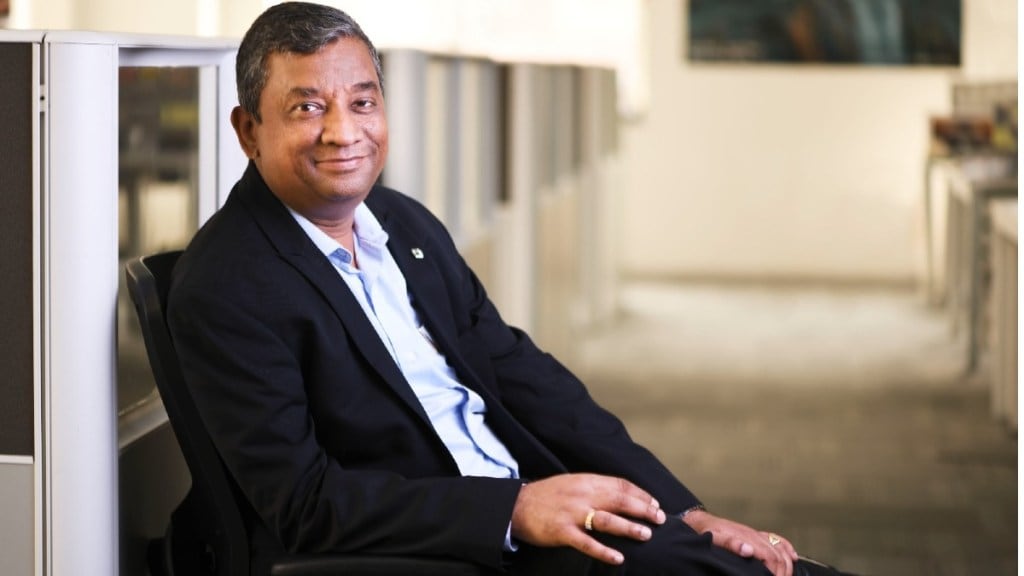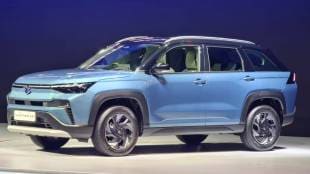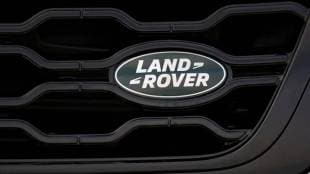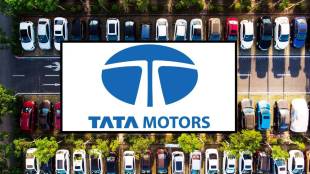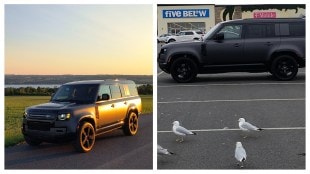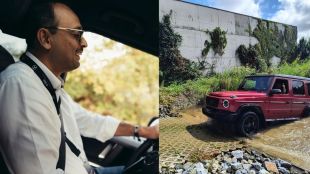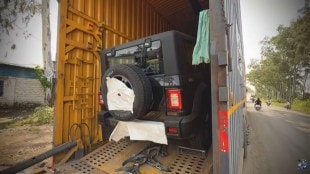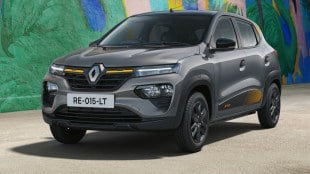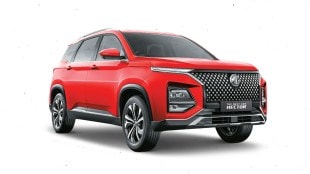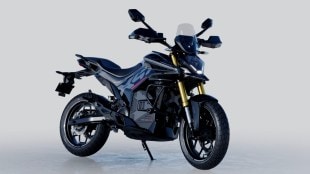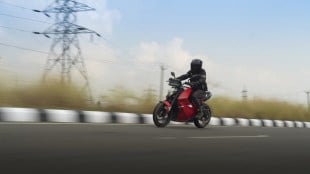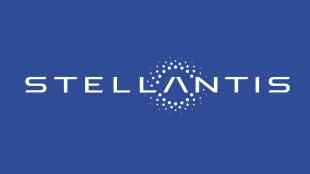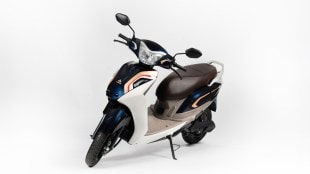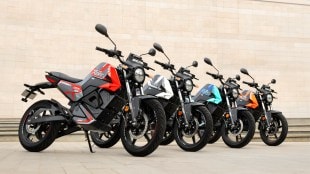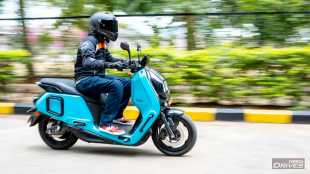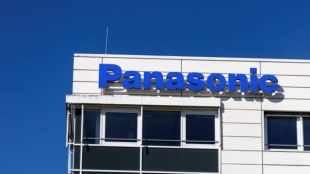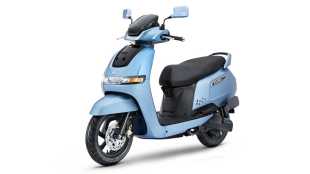Renault sales are catching pace in India and has seen close to 40 per cent jump in past three years. The French carmaker is confident of achieving the goal to make India one of the top 3 markets by 2030. To funnel this growth,it plans to launch six models by 2025 in association with Nissan and this will include two made-in-India EVs. But that’s not all! Renault is also exploring the feasibility for ethanol offerings and will add more to its export portfolio from India.
Speaking on their product launch plans, Venkatram Mamillapalle, Country CEO & Managing Director, Renault India Operations said, “ I’m definitely sure that we will take a podium position with new product launches.” The diversity of the product pipeline is what’s interesting. While EVs are part of the India Strategy, he explained that it makes sense for Renault to bet on ethanol in India, “we are in Brazil. Brazil is known for ethanol, 100% ethanol and we have vehicles, the same vehicles which we are building. So for us, it’s just cut and paste it here and that will be much faster, easier and better solution for the nation. So our preparedness is far superior than most other carmakers in India.”
Elaborating further on why Ethanol makes more sense for business and environment in the Indian context, Mamillapalle explained, “ethanol is one thing which India should adapt to much faster. It can help the country reduce the import bill. Secondly it will support the farmers in the rural market significantly.” Moreover, he added how the separate infrastructure needed for processing of e85 is already in place and can be functional with minimum modification. The other key aspect is that it is an relatively green fuel option in the Indian context. In comparison the major chunk of electricity generated in our country is via thermal sources still.
So has Renault thought of a timeline for it? Well the India Chief says he is waiting for clarity on the Policy front, “there is no point in introducing because refineries are not going to dispense ethanol. So we are waiting to understand what’s the government policy on it.”
However that said, Mamillapalle reiterated that electric offerings will be part of their business plan, “EV is part of our business plan moving forward. And adaptation to the customer and the market needs is a must. So we are working on this.”
Export focus
Apart from the range of powertrains, exports have been another key driver for Renault India and the India chief confirmed that this will continue to remain as a key area of focus, “export is must for us for the business and we continue to focus on it. There are some glitches in some of the countries as a result of some some government regulation changes or some other issues related to that country. We continue to work on exports and you will see few more models coming into export arena from India Renault Nissan probably two months to come.”
At the moment Renault exports to 14 countries across SAARC, Asia Pacific, Indian Oceanic Region, South Africa and East Africa region. Interestingly it completed the 1 lakh export milestone in January last year and the Kwid, Triber and the Kiger are its top exports globally.
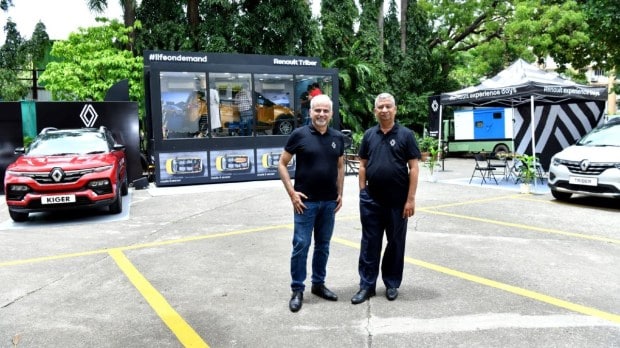
Changing customer perception about safety
Offering some insights about Renault’s approach in increasing market share across India, Mamillapalle pointed out that vehicle safety for them is a priority now, “So all of our cars have got very high safety standards compared to the competition in that range. Our cars are a little bit expensive but what is important now is to educate the customers on safety. We are going for on time adoption of airbags. For us, what is very important is safety. And this journey we have embarked upon is very critical for the brand image as well as customer service.”
He elaborated on the company’s slogan prioritizing passenger safety, “We have a slogan – human first and that’s a journey we have started taking this very innovative step ahead.” He added that the recently showcased mobile showrooms is another initiative that the carmaker has adopted to increase reach and improve customer experience. They plan to cover 25 cities with this initiative.
